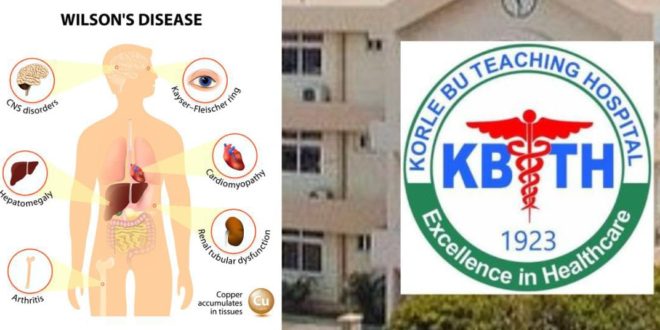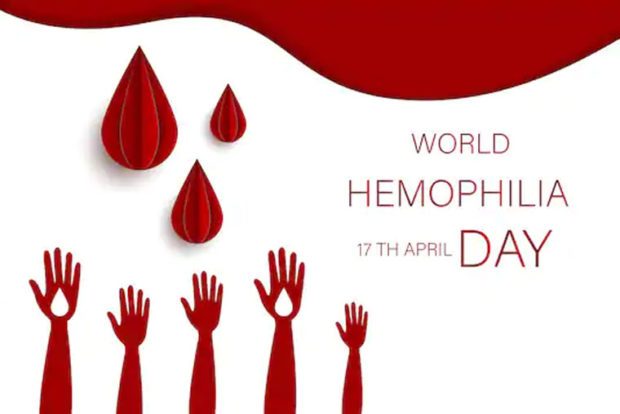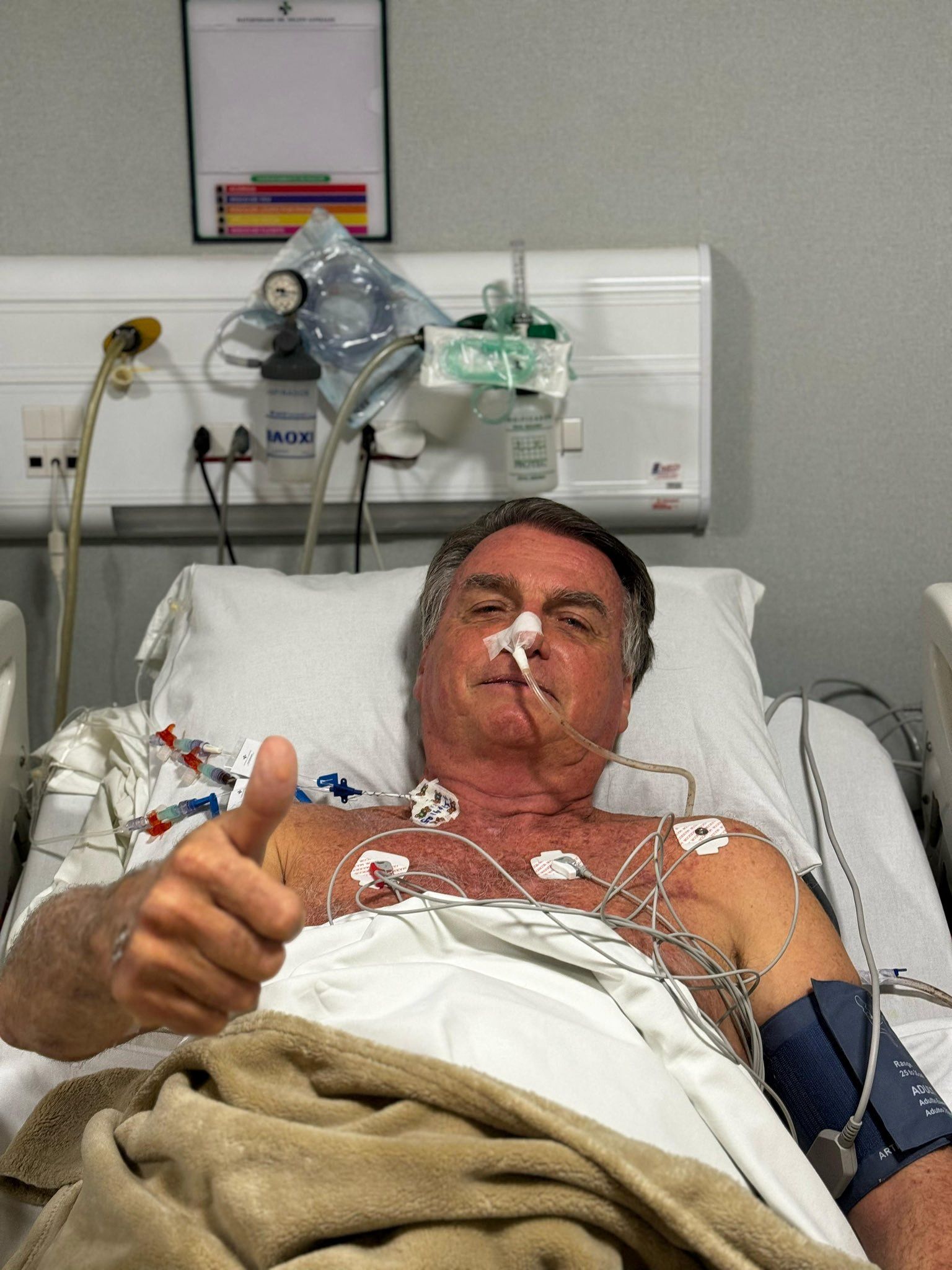Ghana Records First Case of Wilson’s Disease at Korle Bu
Teaching Hospital
The Child Health Department of the Korle Bu Teaching
Hospital (KBTH) has identified a rare case of Wilson’s Disease in a 13-year-old
boy, marking the first recorded instance of the condition in Ghana. Wilson’s
Disease, which affects about one in 30,000 people in developed countries, is a
genetic disorder that leads to excessive copper accumulation in the body's
organs.
The boy was diagnosed by Professor Ebenezer Badoe, Head of
the Neuro-Developmental Clinic at KBTH, after his mother, a trader, noticed his
deteriorating handwriting. Despite the disease's severity, Professor Badoe
emphasized that it is treatable with medication, allowing the patient to live a
normal life. However, the cost of the required medication is substantial,
amounting to GH¢450 per month.
Wilson’s Disease is an inherited disorder where copper isn't
eliminated properly, leading to dangerous accumulations, particularly in the
liver, brain, and eyes. Symptoms generally appear between ages 12 and 23 and
include swelling, fatigue, abdominal pain, and uncoordinated movements.
Treatment involves medication that helps organs release copper into the
bloodstream for elimination through the kidneys.
Prof. Badoe became concerned when he met the boy, noting
that the usual first symptom of jaundice was absent. Instead, the disease had
advanced to affect the boy's brain, impairing his motor skills and handwriting.
An advanced genetic test for the boy and his parents, conducted in the USA at a
cost of $8,000 (funded by Reg Disease Ghana), confirmed that both parents
carried the genes for Wilson’s Disease, establishing the boy's condition as an
autosomal recessive inheritance.
Unlike sickle cell disease, which is also an autosomal
recessive disorder but more common, Wilson’s Disease is rare and challenging to
diagnose. The boy exhibited a gray ring around the corneas, known as a Kayser-Fleischer
ring, indicating copper accumulation in the eyes.
The young patient requires lifelong treatment, as
discontinuing the medication could lead to acute liver failure and death. Prof.
Badoe appealed to Ghanaians, philanthropists, and institutions for financial
support to ensure the boy's ongoing medication needs are met. He highlighted
the importance of training teachers and caregivers to detect early signs of
such conditions in children for timely diagnosis and treatment.
The boy's mother, speaking to the Daily Graphic, recounted
her initial alarm when her son refused to complete his homework, claiming he
couldn't write. Upon consulting with his teacher and a nurse from her church,
she sought help at various medical facilities. Eventually, the boy was referred
to KBTH, where he was diagnosed with Wilson’s Disease. Prof. Badoe commended
the mother's vigilance, which led to the early identification and treatment of
her son's condition.










.jpg)